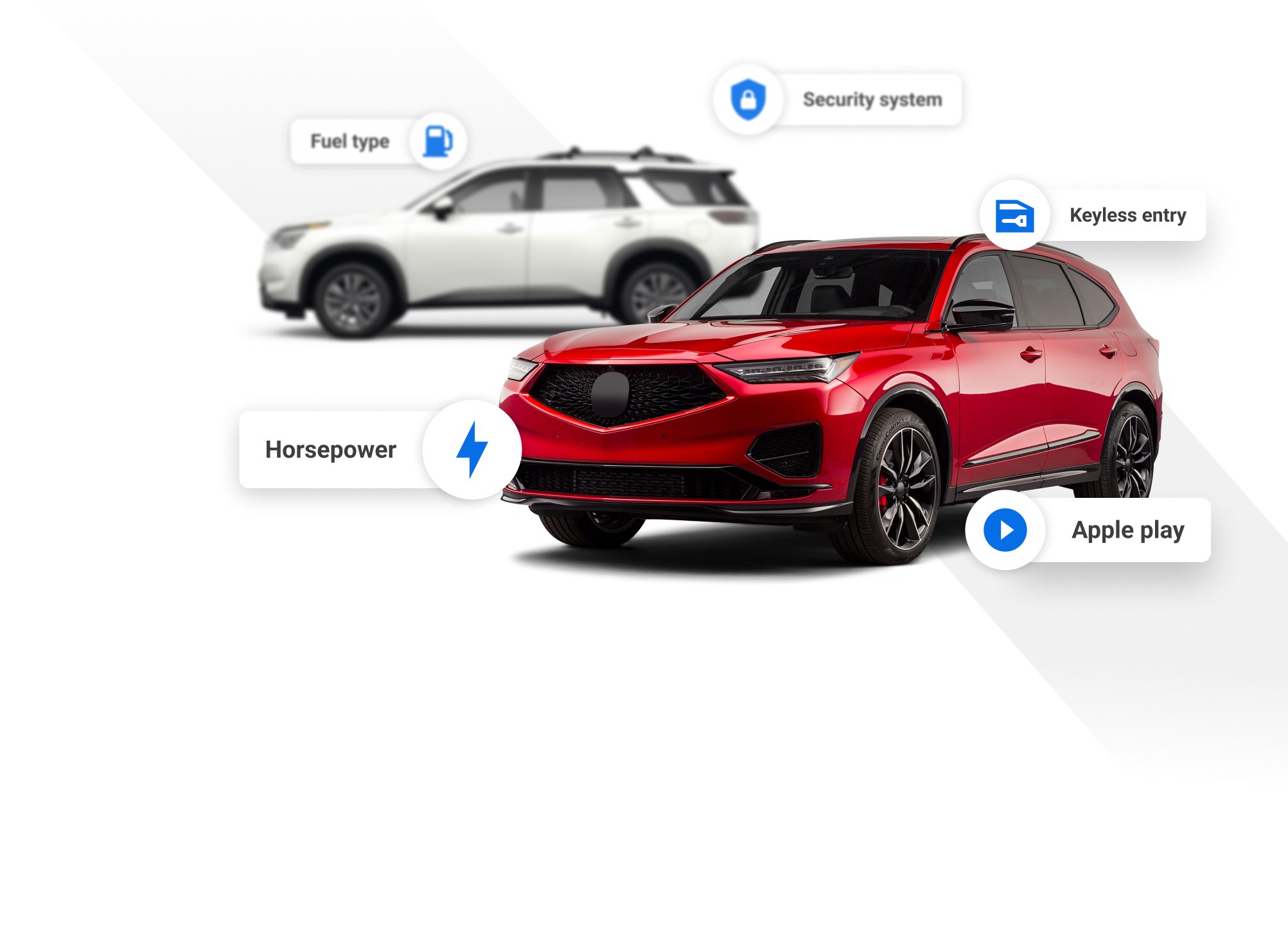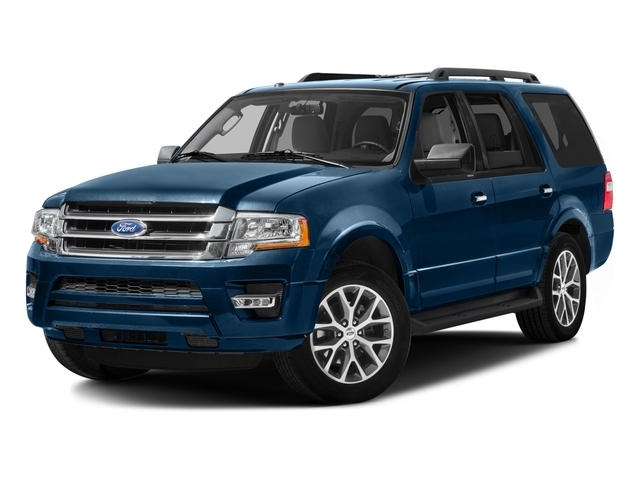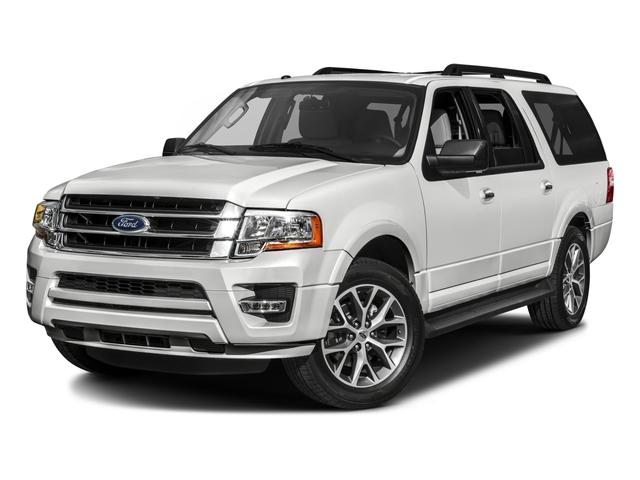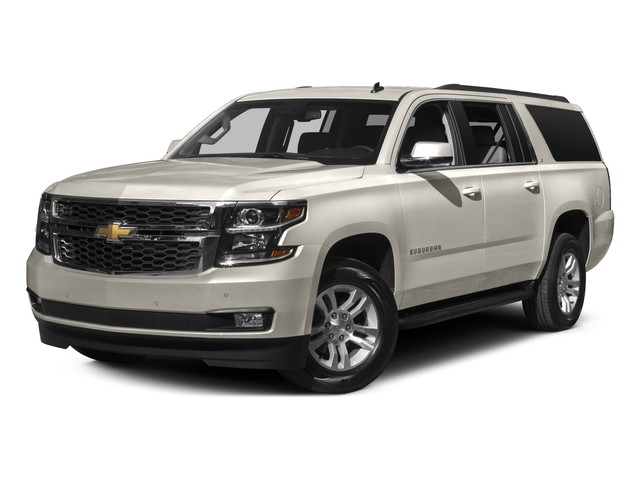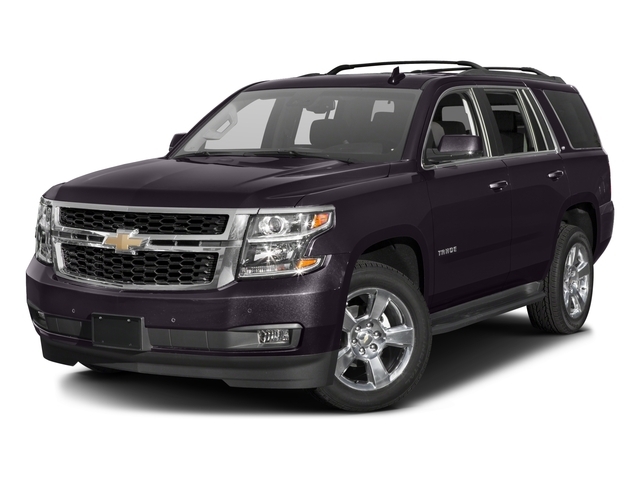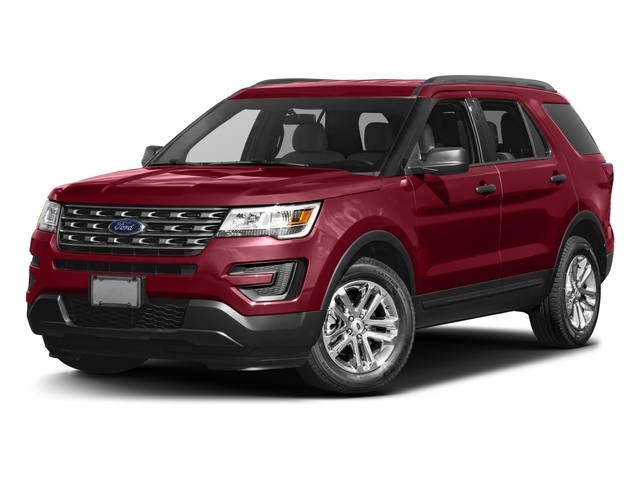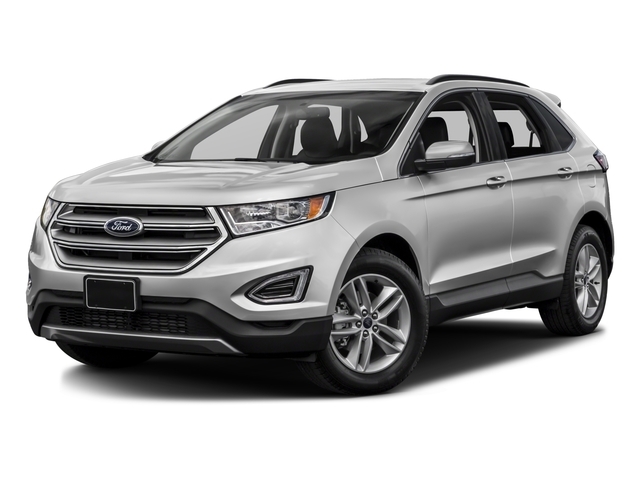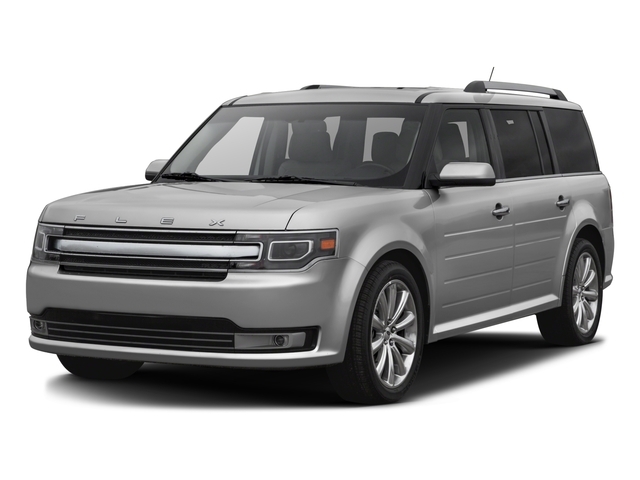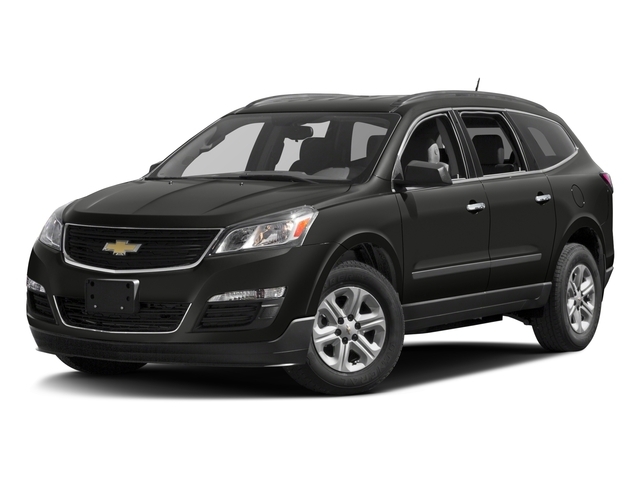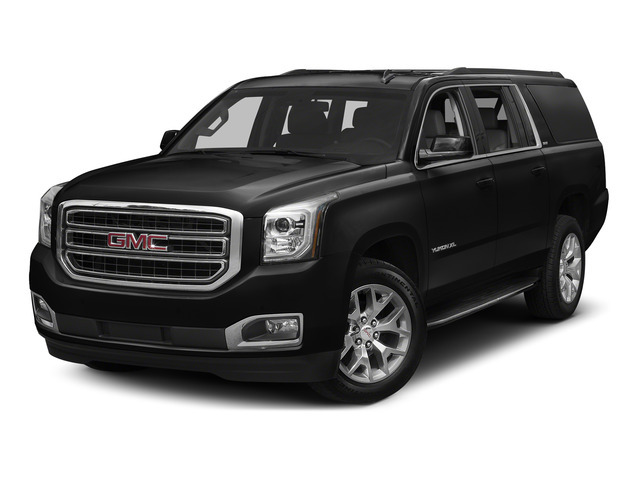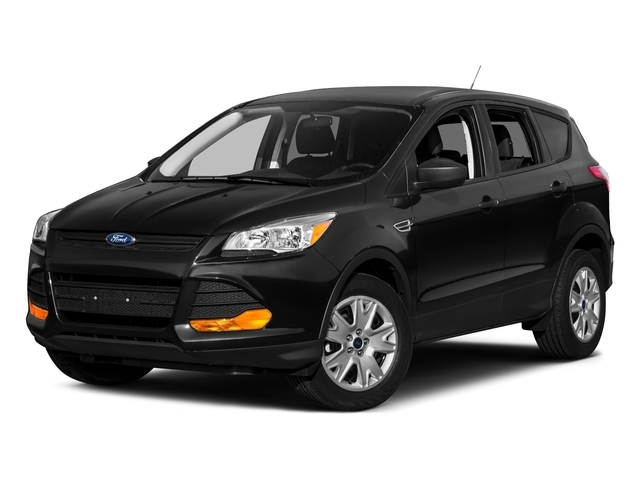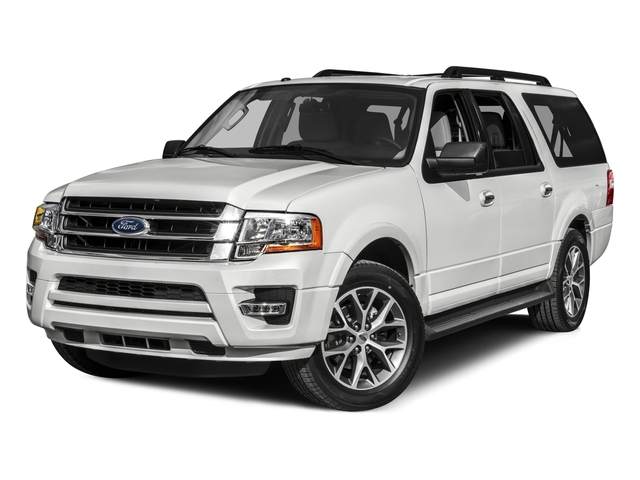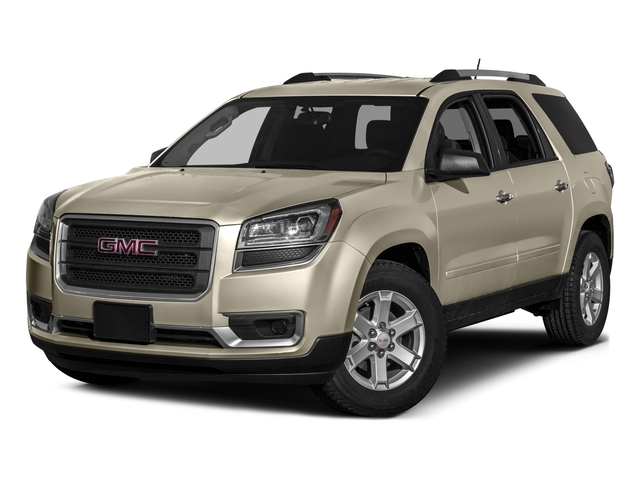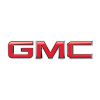
2016 GMC Yukon

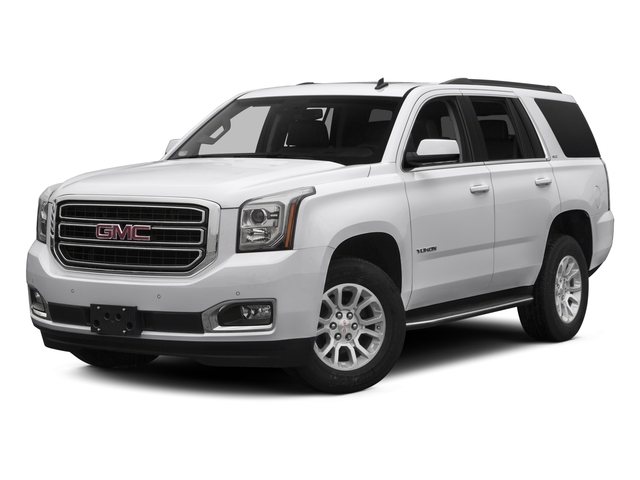
Key Specifications for 2016 GMC Yukon






Buyer’s Guide
For buyers that need to move people, cargo, and tow, very few vehicles on the market can top the GMC Yukon and the extended-wheelbase XL variant. Launched just last year, these two full-size SUVs ride on a tough, fully-boxed frame and share their genetics with the Sierra 1500 pickup.
There are a handful of improvements to the Yukon family for 2016. All trims now receive a standard capless fuel filler system, while an updated Driver Alert Package sees lane keeping assist and automatic high beams join a vibrating safety seat and forward collision warning. All trims also get a revised version of GMC’s IntelliLink infotainment system with a crisp 8.0-inch display, plus Apple CarPlay and Android Auto capability. Buyers opting for the SLT trim and up now get a hands-free power tailgate, plus a new colour: White Frost. Crimson Red also joins the colour pallet.
GM has done a commendable job with the Yukon’s cabin. Plenty of soft-touch materials and an ergonomic design make it a pleasant place to pass the miles. Wireless charging, hidden storage spaces, and available head-up display show the Yukon’s modern streak. The XL’s stretched wheelbase offers more third-row legroom plus a considerable amount more trunk space. Both body styles can be had with power flip and fold second-row seats for easier access, and power-folding third-row seats. Fun fact: The Yukon and its Chevy Tahoe cousin are the only SUVs on the market to offer available seating for nine.
With the exception of the Denali, all Yukons are powered by a 5.3-litre V8 engine that develops 355 hp and 383 lb-ft of torque. A six-speed automatic is standard issue, though buyers can choose rear-wheel drive or an electronically controlled 4WD system. Max tow ratings for the Yukon are between 3,720 – 3,856 kg (8,200 – 8,500 lbs). The Denali gets a larger 6.2-litre V8 with 420 hp and 460 lb-ft of torque, and uses an eight-speed automatic. Despite the bigger engine, max tow rating dips to 3,674 kg (8,100 lbs). In addition to the upgraded powertrain, the Denali also gets 20-inch wheels, a unique chrome grille, a plusher cabin, and standard magnetic suspension.
Despite their size and weight, the Yukon family of vehicles isn’t as bad on fuel as you might think. Thanks to cylinder deactivation, direct injection, smart transmissions, and clever aerodynamics, the Yukon with the 5.3L V8 and four-wheel drive is rated at 15.2 L/100 km and 10.8 L/100 km highway – which isn’t far off the pace of the smaller, lighter Traverse. The Yukon XL is rated at 15.4 L/100 km city, 10.8 L/100 km highway. The Denali is rated at 15.9 L/100 km city, and 11.1 L/100 km highway; the XL sees those figures climb to 16.4 and 11.7 respectively.
Pricing for the Yukon starts at $54,520 with the range-topping Denali selling for $77,185. The Yukon XL ranges between $57,570 for the base SLE and $80,235 for the Denali.
Review & Compare:
Photos

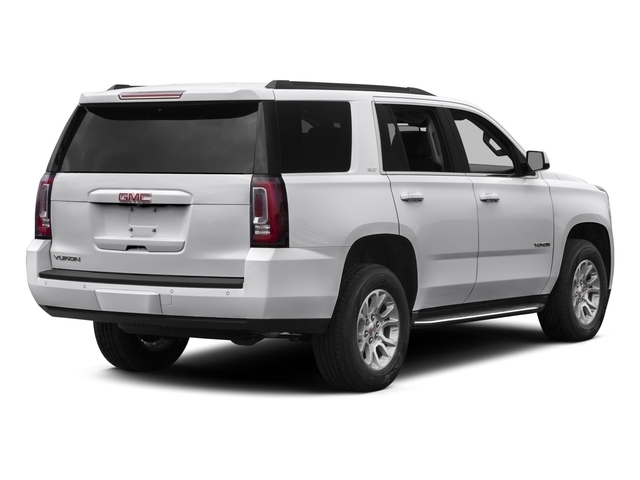
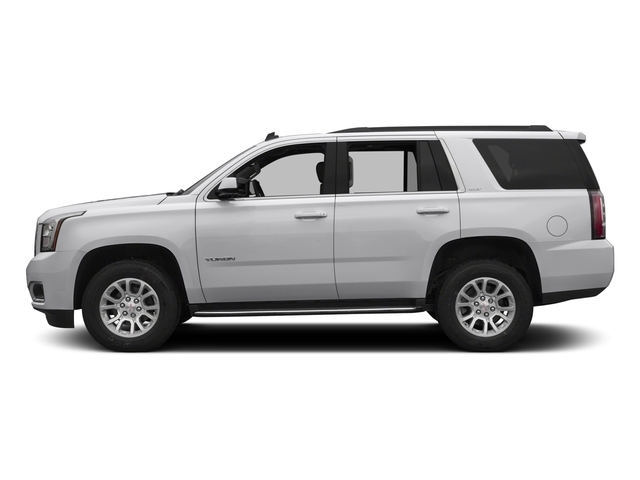
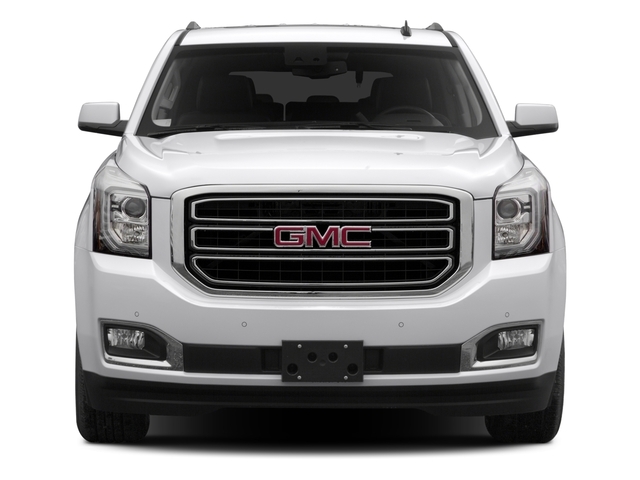
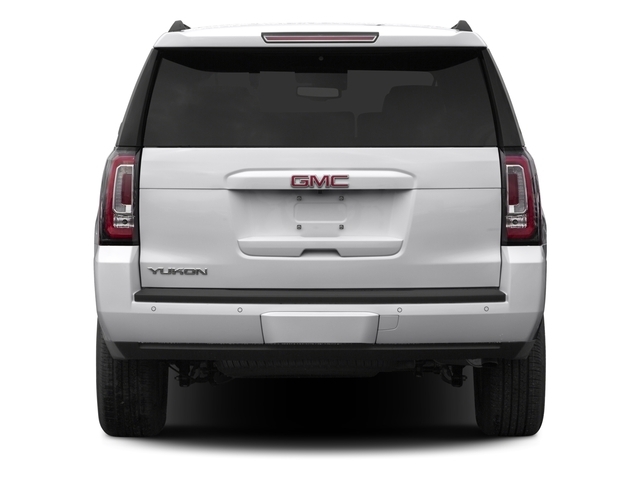
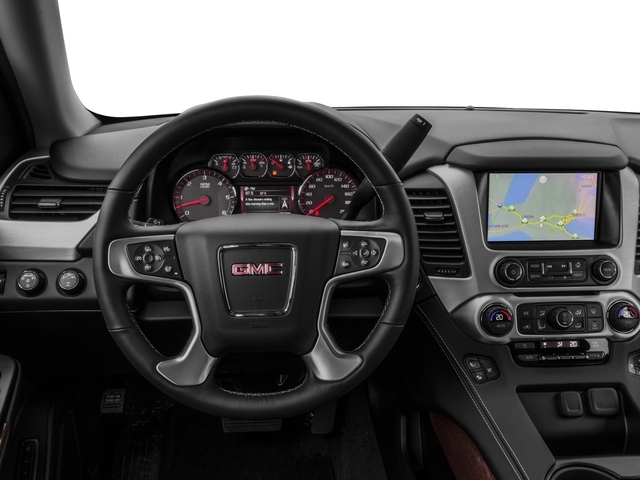
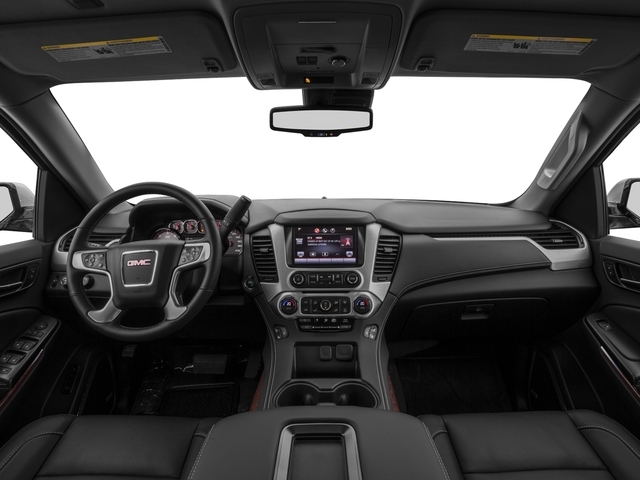
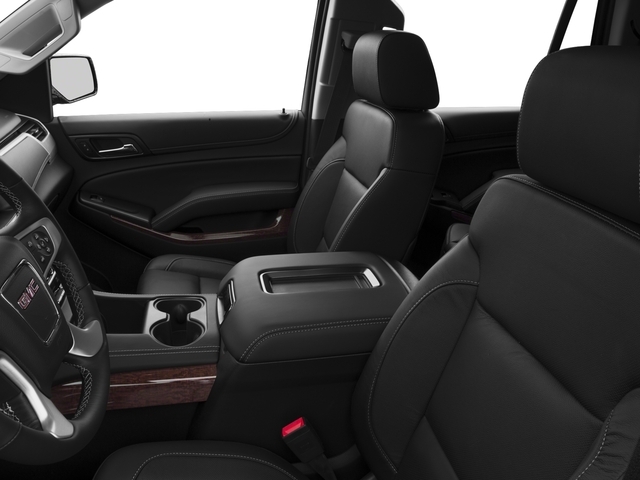
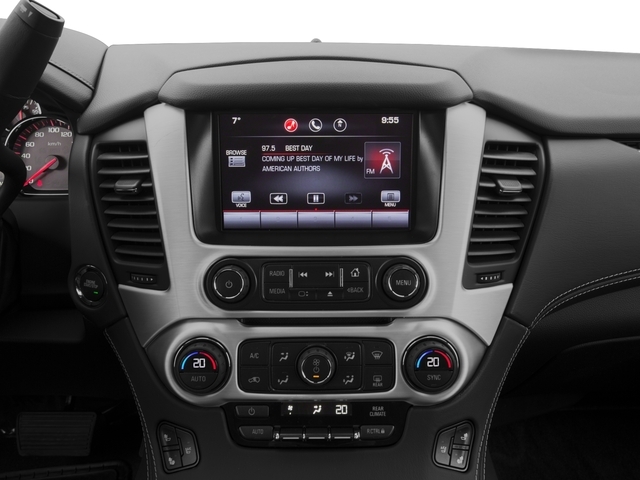
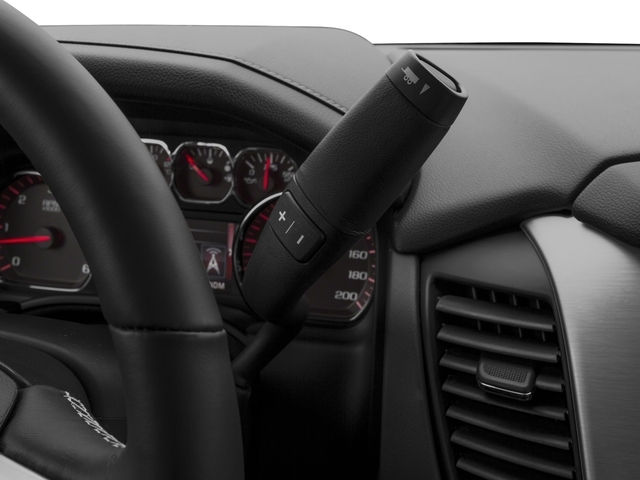
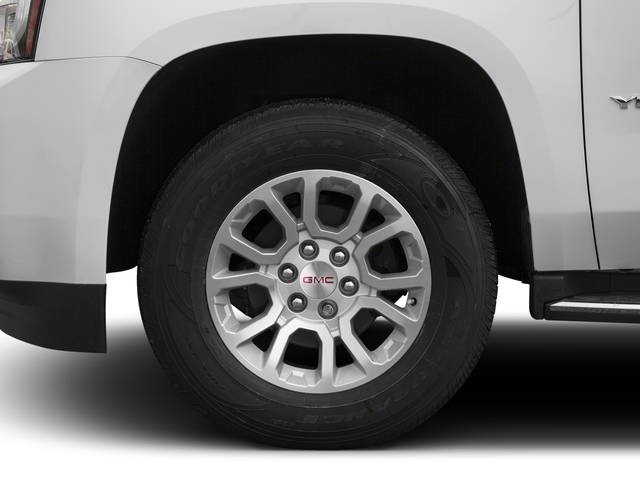
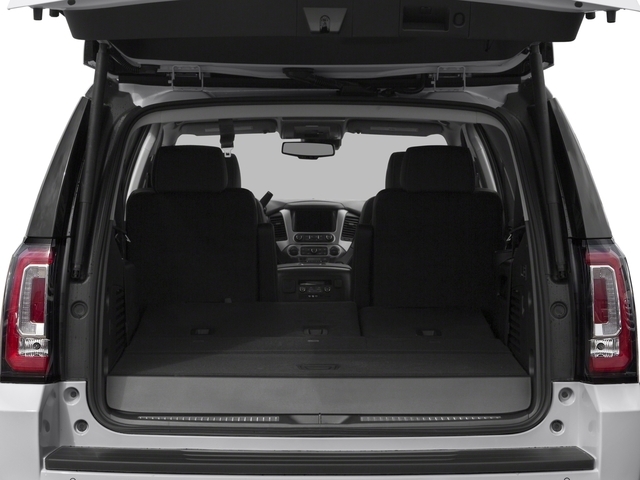
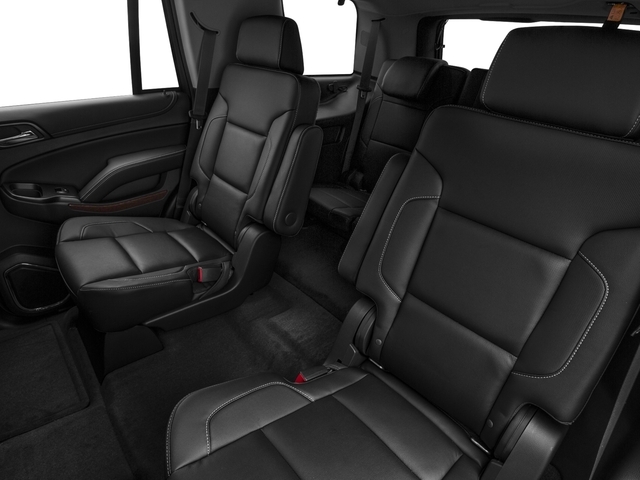
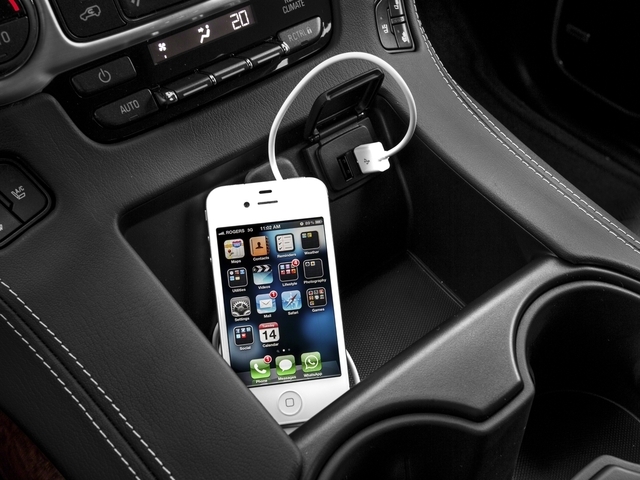
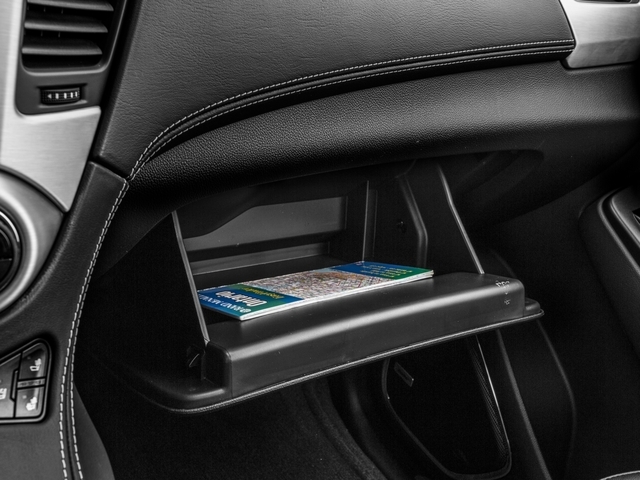
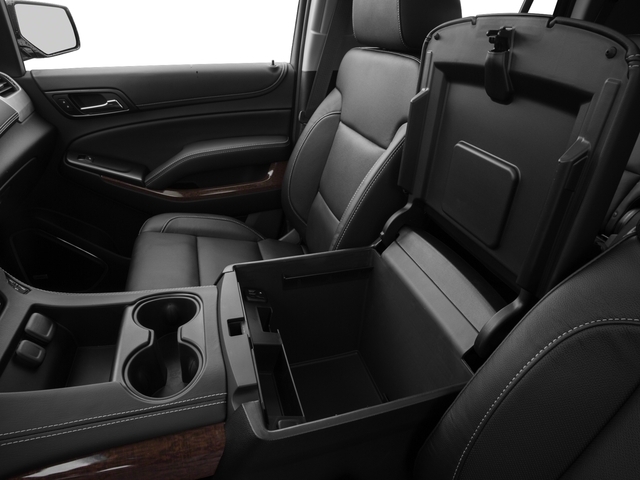
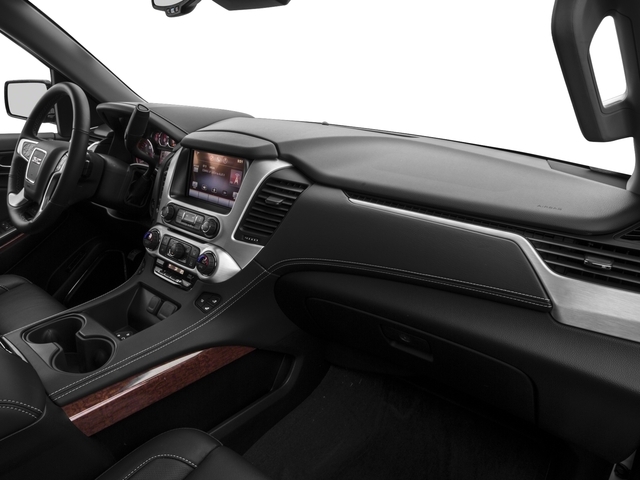
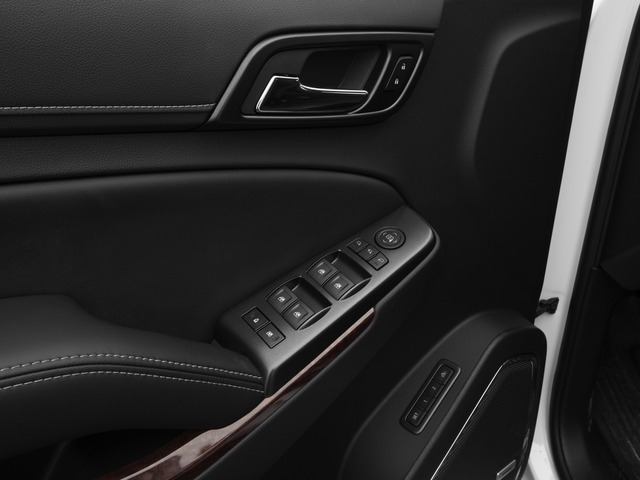

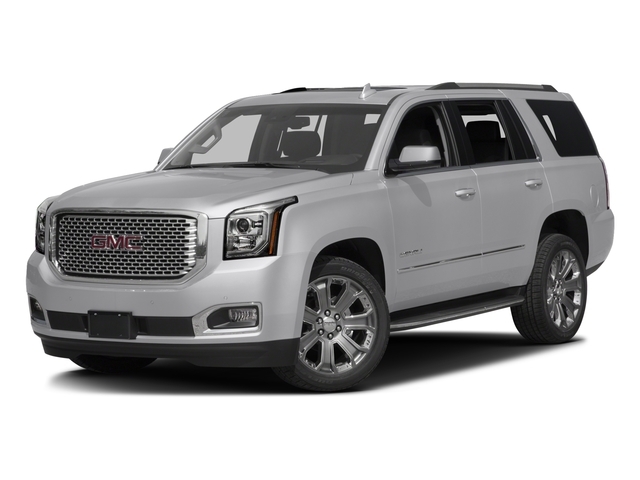
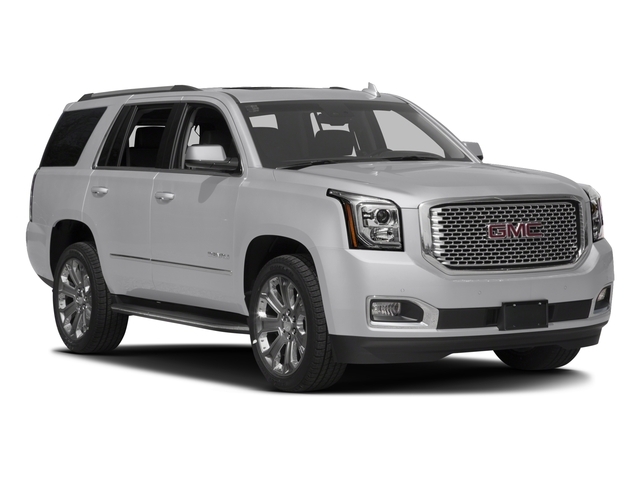
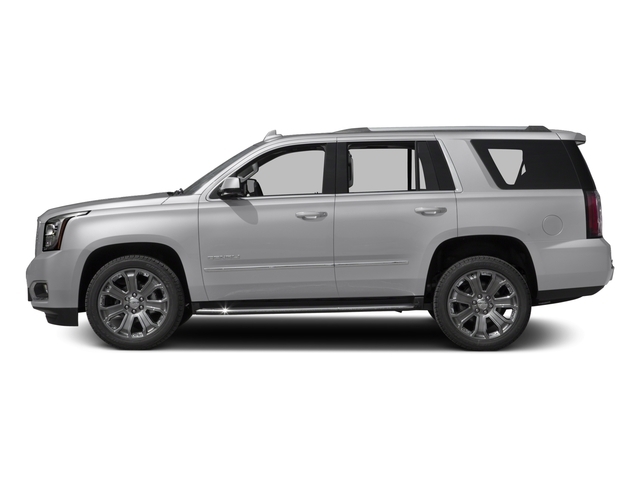
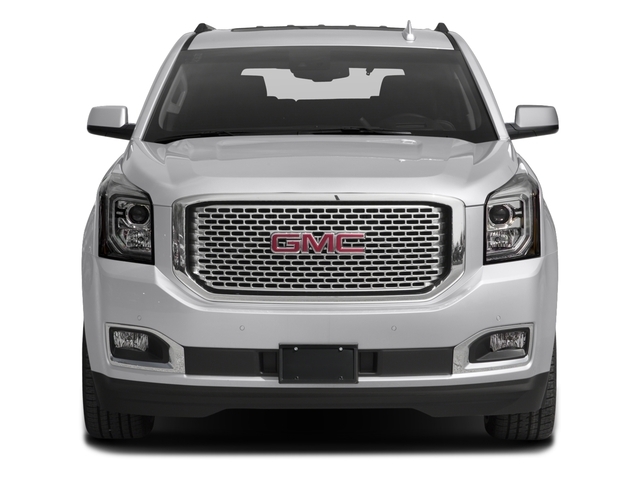
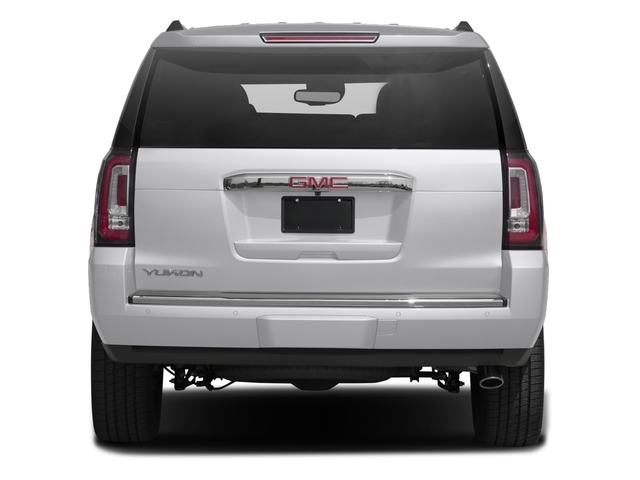
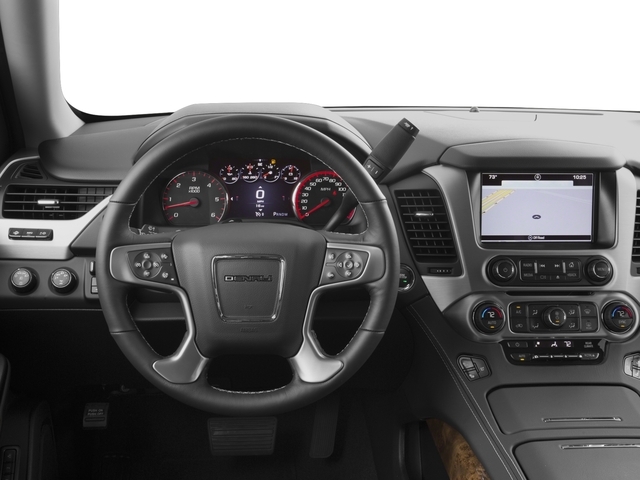
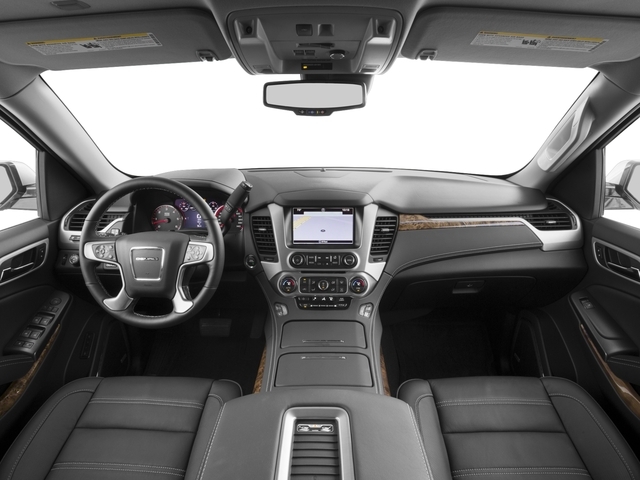
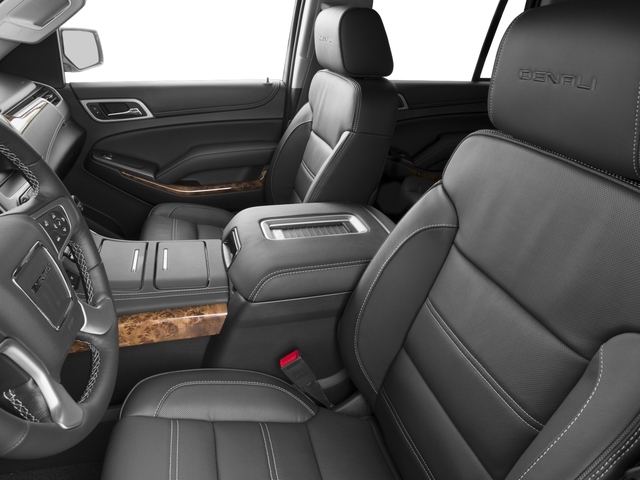
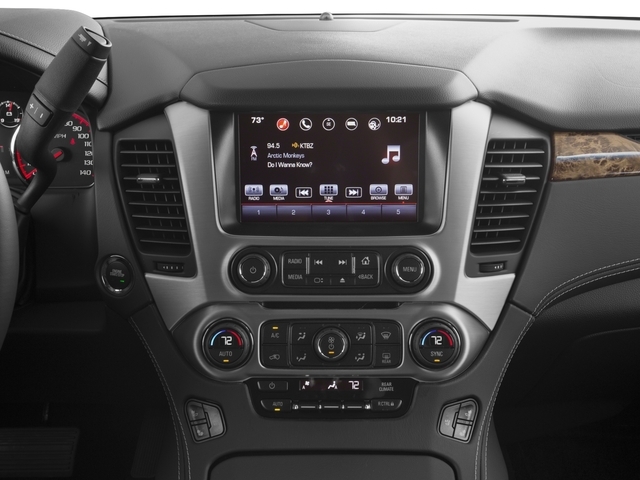
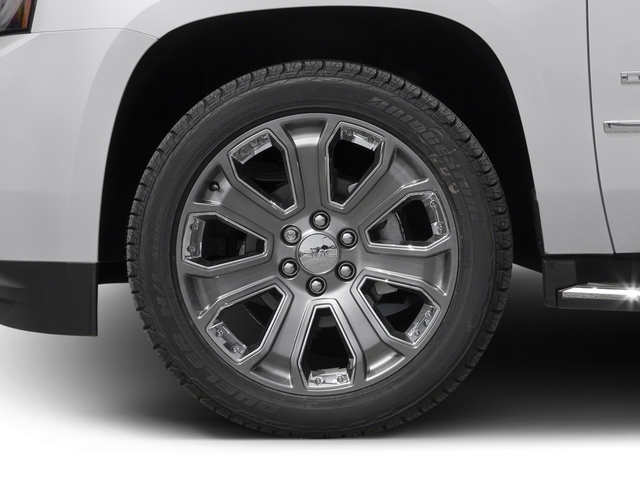
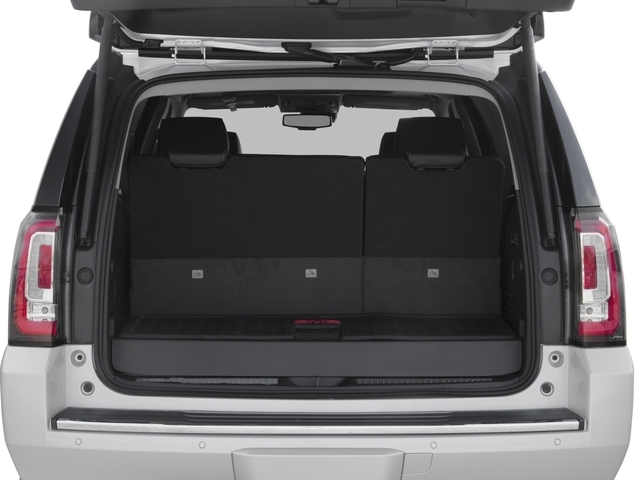
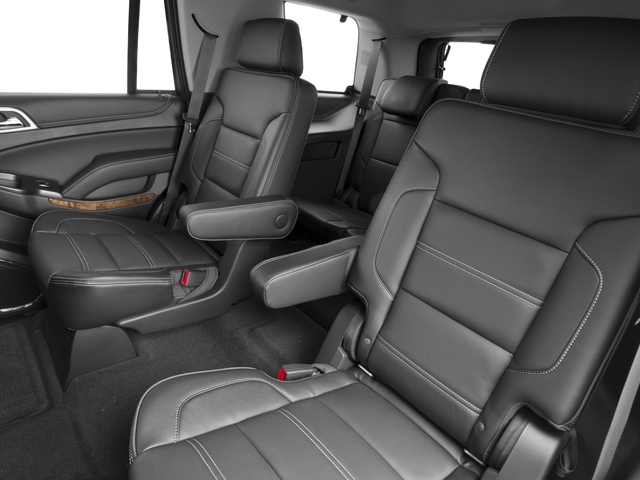
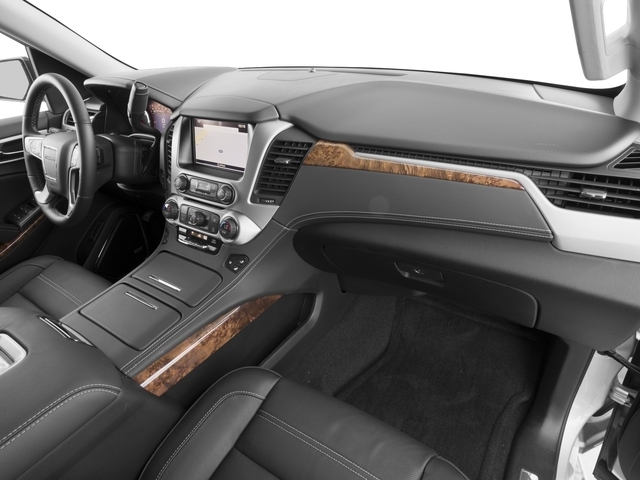
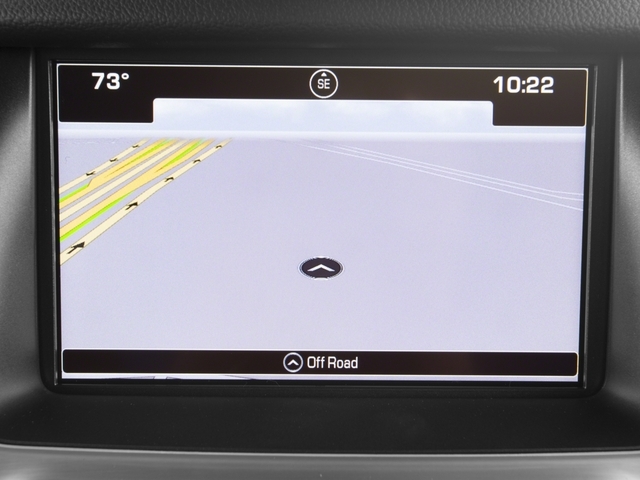

































AutoTrader Review





